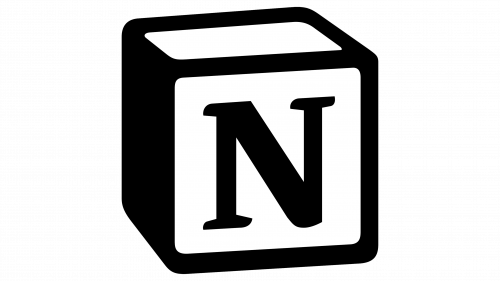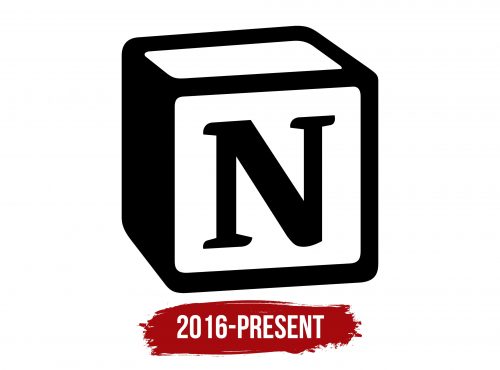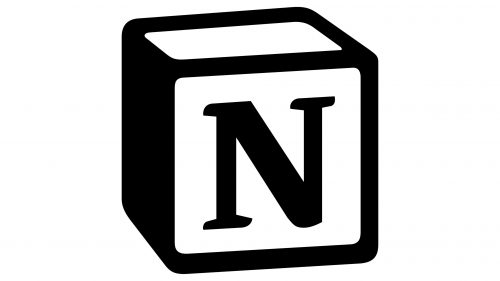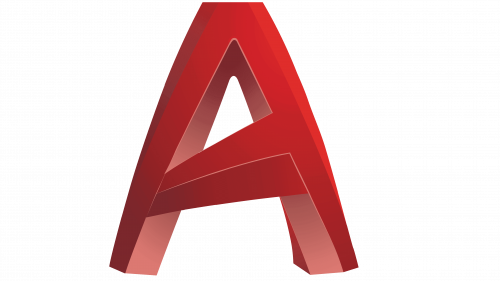The Notion logo symbolizes the application’s versatility and functionality, reflecting its ability to combine various useful tools for managing information in a single design. The emblem emphasizes the application’s logical and simple interface and structured nature.
Notion: Brand overview
Notion’s history dates back to 2013, when its founder and inventor, Ivan Zhao, was a student at the University of British Columbia. He began developing the concept of a universal tool for collaboration and information organization. Zhao was motivated by the idea of a digital workspace that could incorporate various features and content kinds, as well as the notion of hypertext.
After collaborating with seasoned developer Simon Last in 2015, Zhao established the company. At first, it was headquartered in San Francisco, California. The team initially had several technological obstacles to overcome as they worked to develop a solution that could smoothly combine different data and functionalities.
In 2016, the initial version was made available in beta. Basic features for organizing notes and creating small databases were included in this early version. The product drew in a tiny but devoted user base who valued its versatility and potential despite its restricted features.
The firm launched a big update in 2018 that greatly increased the platform’s functionality. This version featured an enhanced user interface, better collaborative options, and more sophisticated database development tools. With a fast-expanding user base and significant attention, this update marked a turning point for the organization.
That year, the company received its first sizable investment: First Round Capital provided the startup with $10 million in finance. The funding enabled the firm to double its staff and quicken the pace of product development.
The enterprise continued its rapid development throughout 2019, enhancing and adding new features. By releasing mobile applications for iOS and Android, it increased platform accessibility for users across a range of devices. Database creation and management tools were improved and added new block kinds.
By 2020, the company had experienced substantial expansion in user base and business valuation. In April 2020, it raised $2 billion in fresh capital, which valued the firm at that time. Notable investors, including Sequoia Capital and Index Ventures, provided this investment.
The organization raised an additional $10 billion in capital in 2021, which increased its valuation. This year-over-year increase in valuation evidenced the platform’s popularity and rapid expansion.
The enterprise unveiled several additional features in the same year, such as synchronized databases that let users link and synchronize data between various pages and databases. It started expanding its ecosystem of connections, integrating new features to connect with other well-known products and services.
In 2022, the firm introduced Notion AI, a suite of AI technologies built into the platform. These technologies allow users to produce text automatically, condense data, and construct project and document structures. Additionally, the firm persisted in enhancing its mobile apps, improving their usability and functionality on tablets and smartphones. Faster data synchronization and improved offline support were two examples of this.
The organization prioritized enhancing team collaboration tools in 2023 and included additional capabilities for tracking changes, commenting, and access control. These enhancements increased the appeal for usage in sizable enterprises. Additionally, it started aggressively entering other markets, enhancing product localization, and setting up operations abroad.
The company continued expanding in terms of user base and income, securing its place as one of the top platforms for project management and information organization.
Meaning and History
What is Notion?
It is a versatile workspace organization and productivity platform combining note-taking, project management, collaboration, and database tools in a customizable interface. It allows users to create and organize different types of content, including documents, spreadsheets, kanban boards, calendars, and wikis. The platform’s flexible structure allows individual users and teams to customize their workspace to meet specific needs. The platform emphasizes collaboration, allowing multiple users to collaborate in real-time, share content, and manage tasks efficiently. With a clear interface and an extensive template library, the brand suits many users, from students and freelancers to large corporations. Cross-platform compatibility ensures seamless access across desktop and mobile devices.
2016 – today
The core of the Notion emblem is a cube, symbolizing the systematization and storage of data. The enclosed space of the cube resembles a safe, emphasizing the security and confidentiality of the information stored in the application.
The cube also points to interactivity: each face represents a separate program, allowing the user to choose the appropriate surface depending on their tasks. This visually highlights the application’s ability to help process information from different perspectives and organize it into relevant categories.
The image of the cube also evokes an office box for documents and files, ready to receive and organize the user’s data.
At the center of the cube’s front face is a large serif letter “N,” rendered in a standard typeface. This suggests record-keeping and professional information management. The black-and-white color scheme completes the image of an online business office, making the Notion logo concise and versatile.






